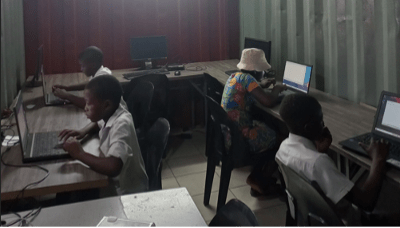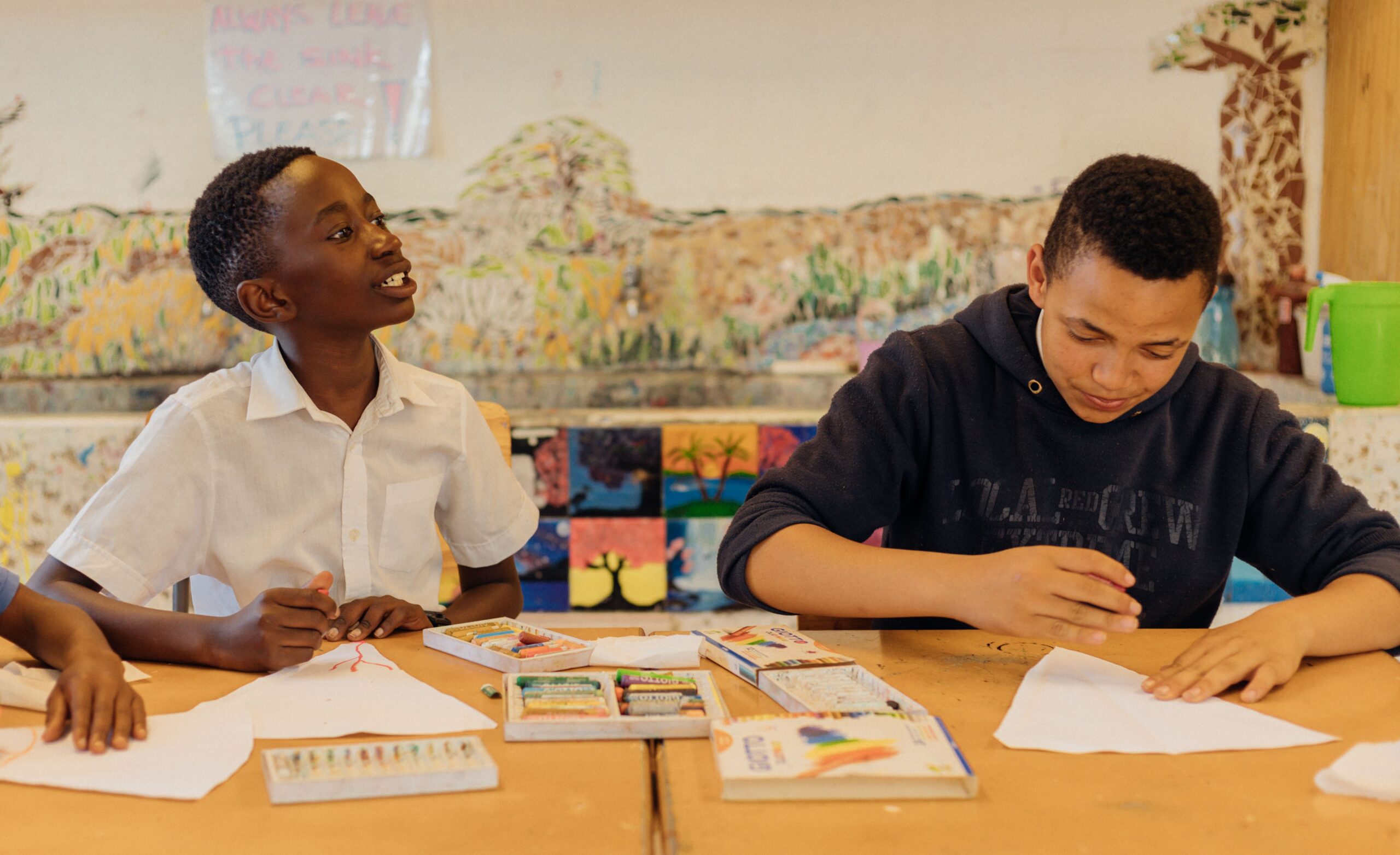As South African schools enter the final exam phase for the year, all eyes are on the education sector, and the academic performance of students. While the official matric pass rate for 2022 was recorded as 80.1%, many educational experts highlighted the high student drop-out rate, which realistically puts the pass rate at under 55%.
According to Sibongile Khumalo, the executive director of The Learning Trust (TLT), “there are too many learners either not making it to matric or failing to pass their final year. Research shows that it takes a South African child an average of 15 years to complete matric.” Fortunately, there are interventions such as after-school programmes that help combat school drop-out, grade repetition, and ultimately unemployment.
The Learning Trust funds community-based non-profit After School Programmes (ASPs). They have joined forces with the Western Cape Provincial Youth and After School Programme Office as well as the Community Chest of the Western Cape to drive the fourth Lights On After School campaign (LOAS) in the country.
LOAS celebrates the after-school sector and puts the spotlight on the critical role ASPs play in bridging the academic and psycho-social gaps where government support falls short. This year’s theme is ‘Rallying behind after-school programmes,’ and aims to bring attention to the role of ASPs in getting our children through the challenges paralysing South Africa’s education sector and ensuring that they reach their full potential.
“There’s never been a better time to rally behind after-school programmes than now. We are experiencing really tough times in South Africa. We are facing a drastic teacher shortage, and the government has announced more cost-cutting measures due to our economic situation. Not to mention, there’s a hiring freeze, which is expected to affect schools,” says Khumalo.
Overcrowded classrooms and illiteracy a massive hurdle
Schools are also forced to navigate textbook shortages and other educational materials, as well as crumbling infrastructure and overcrowding in classrooms. Chairperson Khulisa Mguguleli from the after-school programme, Sophumelela Youth Development Programme explains “ South African public schools have more than 40 learners in a class, which means that a teacher is unable to give individual attention to all learners. Our programme targets the bottom-performing learners and assists them with ongoing tutoring and mentoring. This boosts self-esteem and allows students to get the attention they need to perform better in class.”
Judith Ntombiyethu Phiri from PND Centre for Homework & Study highlights the very real need for programmes that address the staggeringly high levels of illiteracy in our country. Earlier this year, the Progress in International Reading Literacy Study (PIRLS) report, revealed a staggering 81% of Grade 4 learners in South Africa cannot read for meaning in any language. “The kids we work with battle with reading, which is a fundamental skill for academic success. They are completely overlooked in classrooms because of overcrowding. Our programme provides learners with access to personal tutors, books, and computers, as well as offering nutritional support to supplement the little they receive at home. A child cannot learn on an empty stomach, ” says Phiri.

Addressing COVID-19 learning loss
The COVID-19 pandemic and subsequent school closures have had a severe impact on education, further entrenching existing inequalities and challenges faced by learners attending quintile 1 to 3 schools in South Africa. What’s most concerning according to Khumalo is that systemic assessments show that learners have lost two years in the very important foundation phases. This means that a grade 3 learner is now a grade 1 learner, and a grade 5 learner is in fact, a grade 3 learner. “It’s going to take at least five years for learners to catch up this learning loss, but this doesn’t even consider the academic shortfall we faced before the pandemic. This is why the work ASPs do is so crucial in giving learners much-needed support.”
Going beyond academic assistance, ASPs are also safe havens for learners, many of whom have to endure tough circumstances at home. A lot of their parents are unemployed, battle substance abuse, and they are burdened by poverty. Therefore, for many learners, their home environment is not conducive to after-school studying.
“These programmes are a beacon of hope for vulnerable learners. Sadly, the educational challenges are not going to be solved overnight, but we celebrate the after-school programmes that are working tirelessly to give our learners a chance to thrive. And so many of the ASP staff are young volunteers giving up their time to make a difference, many of them now recruited and paid through the Social Employment Fund,” concludes Khumalo.
The LOAS movement, which is officially celebrated on 26 October, will see after-school programmes throughout the country engaging in various activities to highlight the work they do to provide academic and psycho-social support to empower SA learners.
For more information and to support the Lights on After School campaign, please visit
/ENDS
